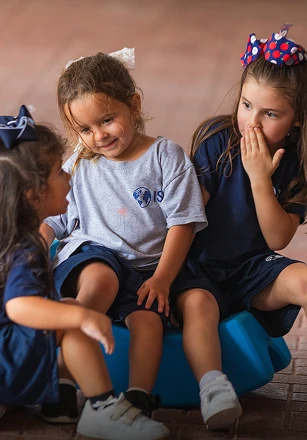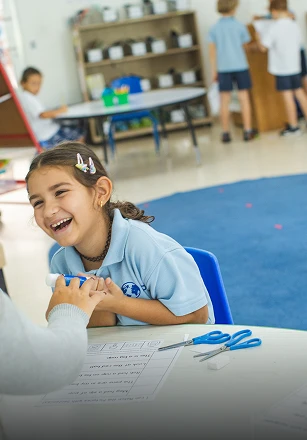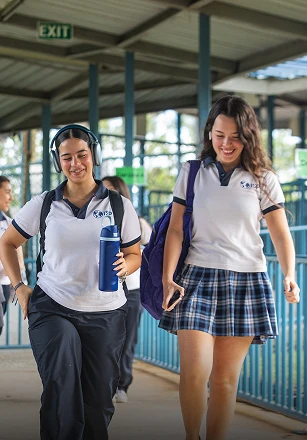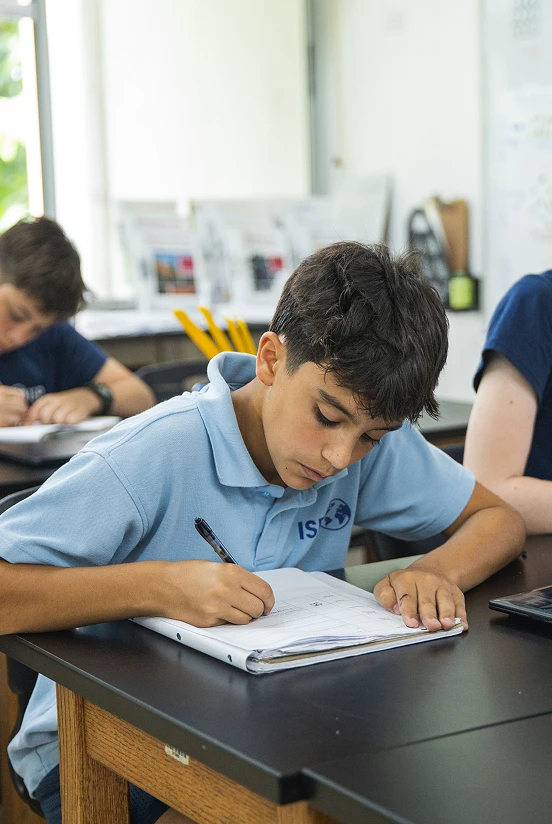
Middle School:
Our Middle School is an inclusive, engaging, and supportive environment for students to learn and grow at their own pace. Through our commitment to blended learning and planning with the end in mind, we provide an experience committed to the academic, social, and emotional development of each and every student.
Students are empowered to explore the skills, mindsets, and character traits that will allow them to develop their potential as learners and leaders in the 21st century.
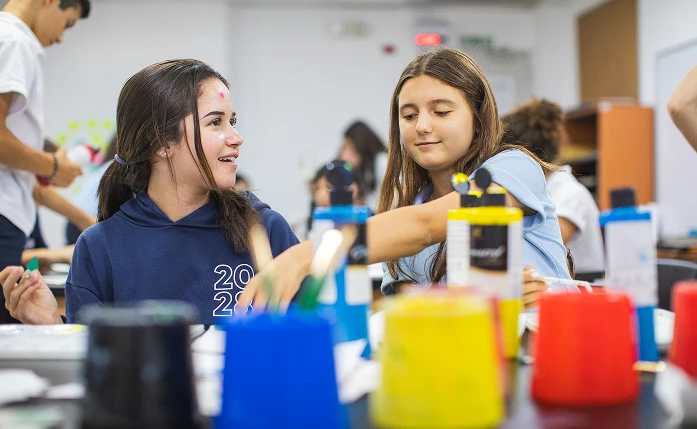
At the International School of Panama, our Middle School is a dynamic and nurturing environment designed to bridge the transition between elementary and high school. We offer a balanced program that emphasizes critical thinking, creativity, and collaboration.
With a strong focus on social-emotional learning, our diverse and inclusive community fosters a sense of belonging and encourages students to develop resilience, independence, and global awareness.
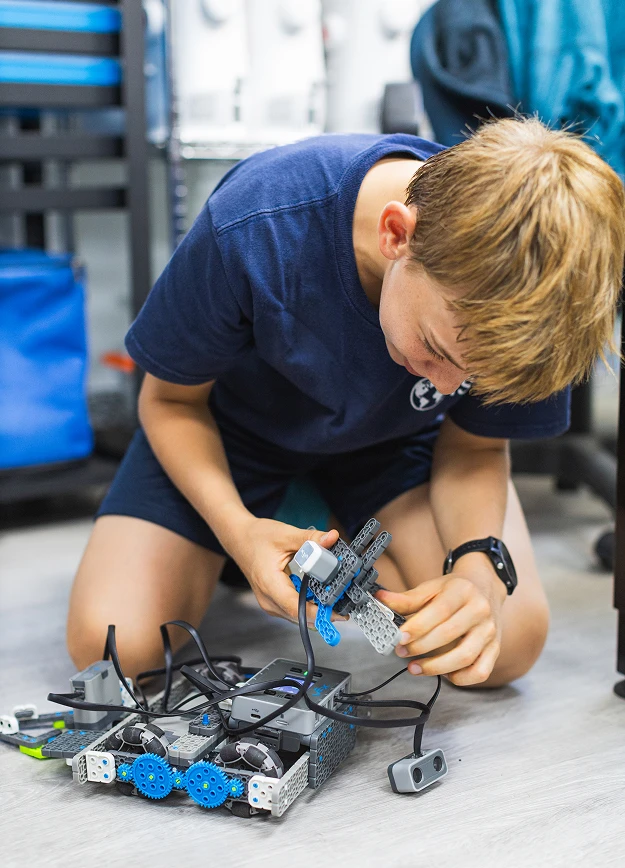
Curriculum
In Middle School, students have the opportunity to explore their interests through a variety of academic opportunities, cross-curricular projects, and extracurricular activities.
Our curriculum is designed to connect classroom learning with the real world, offering experiential learning opportunities where students can apply their knowledge in meaningful, real-life contexts.
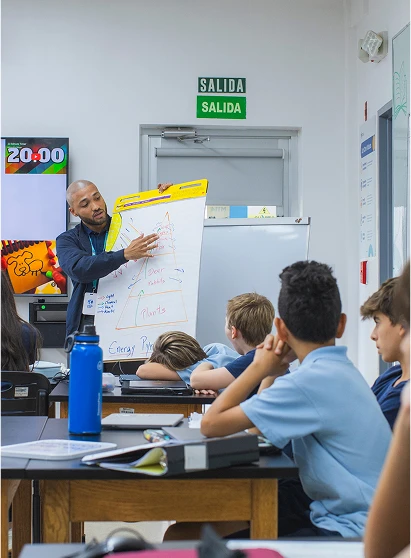
- NGSS-based curriculum that blends scientific practices, engineering, and core ideas.
- Investigate the natural world through model-building and theory development.
- Explore key crosscutting concepts: patterns, cause and effect, energy, matter, systems, structure, and more.
- Balanced learning across Physical Science, Life Science, and Earth Science.
- A progressive journey through all three years of Middle School.
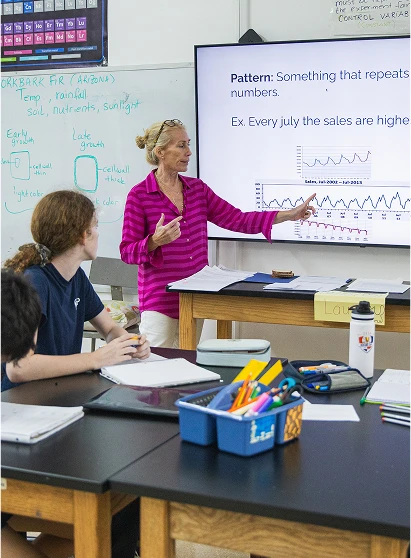
- Growth mindset: Every student can be a mathematician!
- Engage with real-world tasks that require critical thinking and mathematical modeling.
- Follow Common Core State Standards (CCSS) to master essential math concepts.
- Focus on the Standards of Mathematical Practice:
- Make sense of problems and solve them.
- Reason abstractly and quantitatively.
- Construct viable arguments and critique reasoning.
- Model with mathematics.
- Use tools strategically.
- Attend to precision.
- Look for structure.
- Find regularity in repeated reasoning.
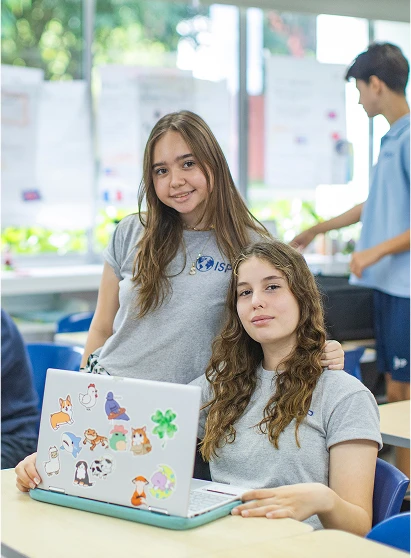
- Aligned with AERO standards to foster a deep understanding of history, geography, and culture.
- Explore the relationships between individuals, societies, and environments across time.
- Learn through inquiry-based methods that encourage critical thinking and collaboration.
- Engage in research projects and discussions on diverse perspectives.
- Apply historical and geographical knowledge to real-world contexts.
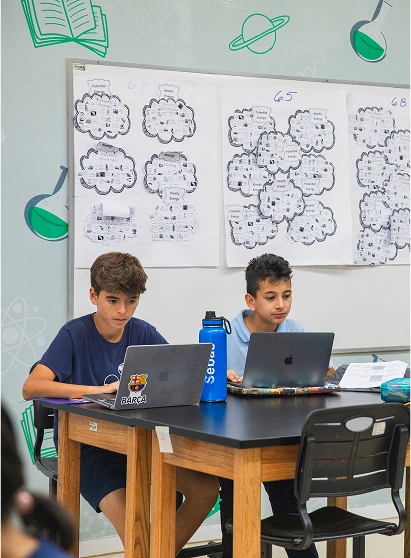
- Develop key skills: reading, writing, speaking, and listening.
- Engage with a variety of literary and informational texts to enhance analysis and interpretation.
- Writing instruction in narrative, informative, and argumentative forms.
- Focus on clarity, organization, and evidence-based reasoning.
- Participate in collaborative discussions and presentations to express ideas confidently and listen to diverse viewpoints.
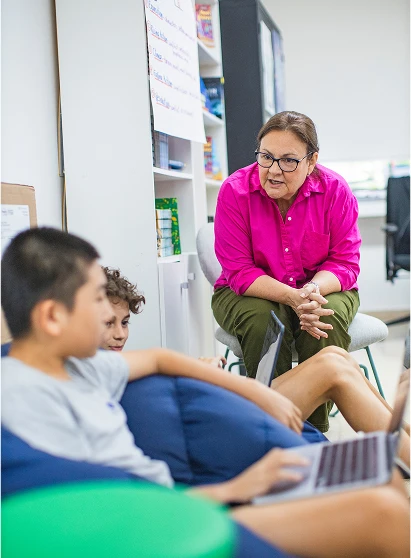
- Fluency development in listening, speaking, reading, and writing.
- Engage with a variety of literary and informational texts to enhance comprehension and analysis.
- Develop writing skills in narrative, descriptive, expository, and persuasive genres.
- Focus on building grammar, vocabulary, and communication skills.
- Interactive lessons, collaborative projects, and multimedia resources to make learning fun and relevant.
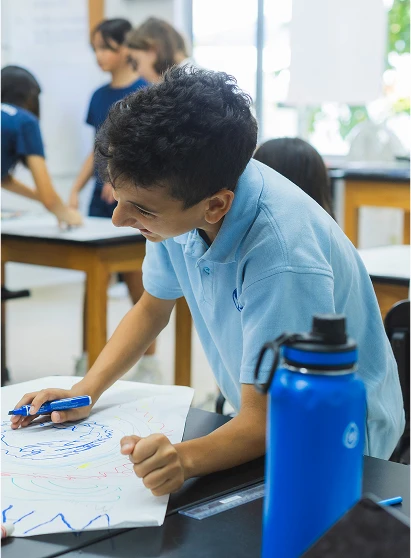
- Explore Panama’s history, geography, culture, economy, and governance.
- Aligned with both Meduca and AERO standards.
- Study key historical events and figures in Panama’s past.
- Learn about Panama’s diverse cultural heritage and global significance.
- Research projects, field studies, and discussions to connect students to their local environment and cultural identity.
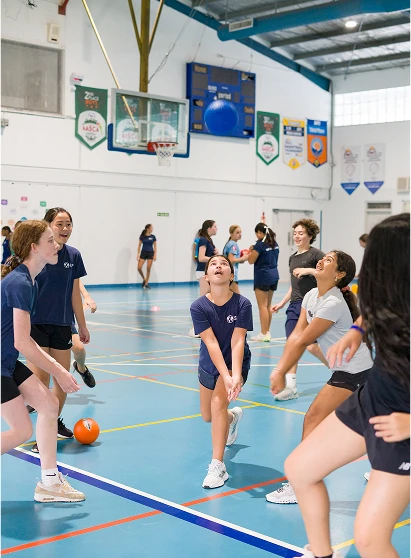
- Develop physical literacy and fitness through engaging activities.
- Emphasize teamwork, respect, and integrity in every class.
- Learn fundamental movement skills for lifelong wellness.
- Participate in goal-setting and self-reflection activities.
- Focus on resilience and perseverance through progressively challenging activities.
- Foster a commitment to physical activity beyond school.
Experiential learning opportunities
We know that the subjects do not stand in isolation in the real world, so we provide our students with cross-curricular experiences and engagement through experiential learning, such as our Washington DC trip and the Experience Panama overnight trips.
